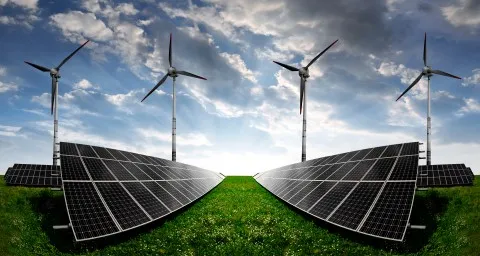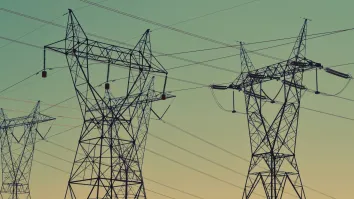
India's Karnataka installed 12.3 GW of renewable capacity as at March
It beat Tamil Nadu as the leader in India’s renewable energy generation, a report said.
The Indian state of Karnataka, with a population of over 60 million, has had a total of 12.3 gigawatts (GW) of renewable capacity installed as of March—after having added 5 GW last year alone, the Institute for Energy Economics and Financial Analysis (IEEFA) revealed.
According to a report, the gains helped Karnataka’s renewables sector overtake that of the neighbouring state of Tamil Nadu, which had long been India’s top renewables market.
Recent solar tenders in Karnataka have seen near record low bids of US$41-44/MWh (Rs2.82-3.06 per kilowatt-hour), materially less than the average Rs3-5/kWh for domestic thermal power tariffs and the Rs5-6/kWh tariffs required for imported coal-fired power.
In June, Karnataka also introduced reverse auctions for wind-powered electricity, with an upper cap of Rs3.45/kWh, following the success of similar auctions in Gujarat and Tamil Nadu in 2017, when tariffs fell by as much as 50% to as low as Rs2.43/kWh.
“Karnataka is set to move from being a net importer of electricity to having a net balance, and it could become a net exporter, a possibility currently constrained only by insufficient interstate grid capacity,” IEEFA said.
The institute forecasts that the state’s renewables will account for 23 GW or 60% of capacity (43% of generation), up from 12.3 GW or 46% in 2017/18. Meanwhile, hydro, which accounts for 3.6 GW or 13% of current capacity, continues to provide dispatchable energy to balance the state’s growing, but variable wind and solar.
“Thermal power’s market share, currently at 10 GW (38% of capacity and 49% of generation), will remain steady, but ‘needs to better incorporate more flexible, peaking capacity,’” the report added.
Meanwhile, imported fuel costs have risen by almost US$300m at Karnataka’s coal-fired power plants in the last two years. Interstate rail costs of as much as US$31/tonne also pose a significant economic challenge to the state’s coal-fired power sector.
Capacity factors as low as 35% suggest the state’s coal-fired generation is unsustainable, IEEFA noted. “Building baseload gas-fired power plants in the state is not a financially viable option,” it added.



















 Advertise
Advertise





